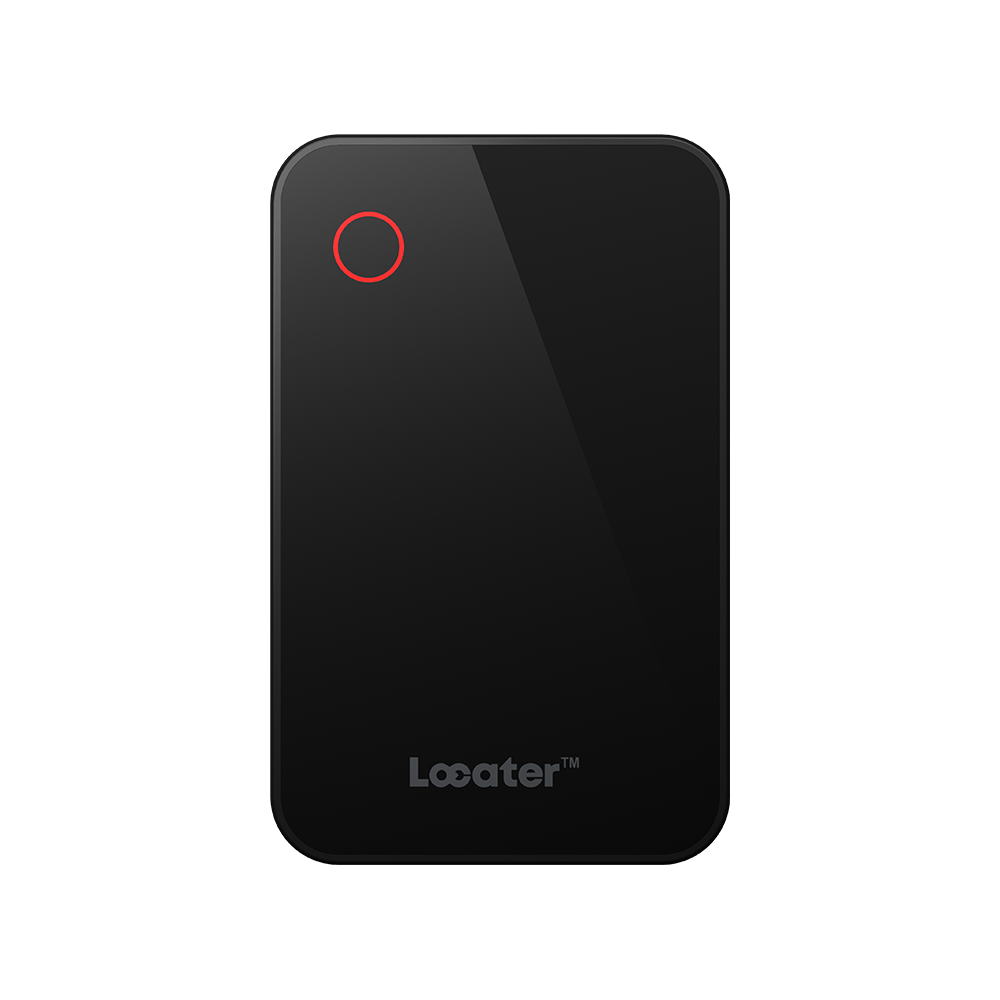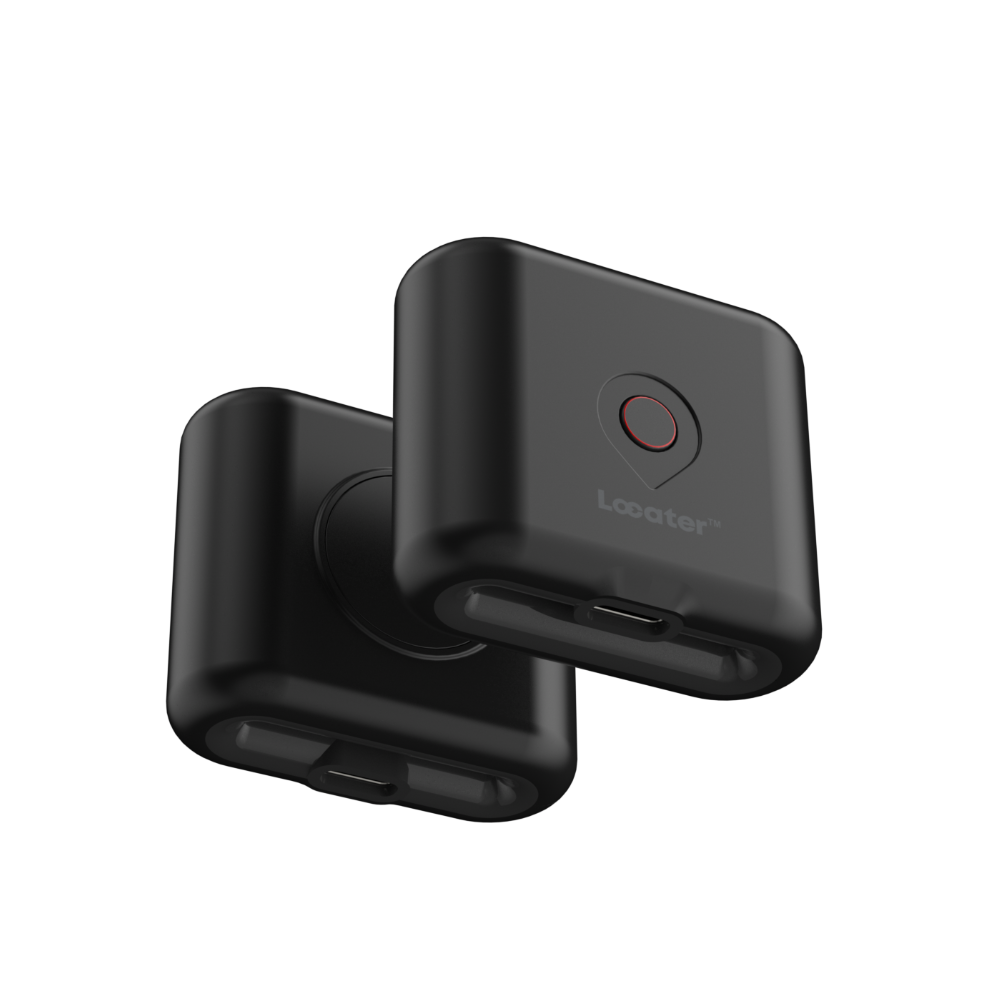Complete small GPS tracker buying guide analyzing size, battery performance, tracking accuracy, and value across top 2025 models. Expert recommendations for choosing the right GPS tracker for personal, business, and asset tracking needs.
Choosing the right small GPS tracker can feel overwhelming when faced with dozens of options claiming superior performance. Whether you're a technical enthusiast seeking precise specifications, a first-time buyer prioritizing simplicity, or a business professional evaluating fleet solutions, this GPS tracker buying guide cuts through the marketing noise to deliver actionable insights. Let's examine the critical factors that separate exceptional small GPS trackers from disappointing purchases.
Size and Portability: The Foundation of Effective Tracking
Size directly impacts where and how you can deploy your small GPS tracker. According to Family1st's comprehensive testing, the smallest GPS trackers measure just 34 x 29 x 7.5 mm and weigh only 8 grams, making them virtually undetectable when attached to valuable items. However, size optimization often requires trade-offs in battery capacity and feature sets.
For personal tracking applications, ultra-compact models like those reviewed by Detective Store excel due to their discrete form factor. Conversely, vehicle tracking benefits from slightly larger units that accommodate extended battery life and enhanced antenna performance. This GPS tracker buying guide recommends prioritizing size based on your primary use case rather than choosing the smallest available option.
Battery Life: Balancing Performance with Longevity
Battery life represents the most critical performance metric for small GPS tracker effectiveness. Professional testing by GPS Tracker 247 reveals dramatic variations: entry-level units provide 3-7 days of continuous tracking, while premium models achieve up to 14 days with optimized power management.
What's particularly fascinating is how tracking frequency impacts battery life. Tracki's optimization research demonstrates that 60-second update intervals can extend battery life to 14 days, while 5-second updates reduce it to just 9 days. Smart small GPS trackers employ adaptive algorithms that balance real-time tracking accuracy with power conservation.
Tracking Accuracy: Precision That Matters
Tracking accuracy separates professional-grade small GPS trackers from consumer toys. OutdoorGearLab's rigorous testing shows that top-tier GPS trackers achieve 3-5 meter accuracy under optimal conditions, while budget alternatives struggle with 10-15 meter margins that prove inadequate for asset recovery.
However, accuracy extends beyond raw GPS precision. Modern small GPS trackers incorporate multiple positioning technologies: GPS, GLONASS, and cellular triangulation create redundant tracking capabilities. This multi-system approach proves invaluable when GPS signals weaken indoors or in urban environments where traditional satellite positioning fails.
Cost and Value Analysis: Smart Investment Strategies
This GPS tracker buying guide emphasizes total cost of ownership rather than upfront pricing. Car and Driver's comprehensive testing reveals that premium small GPS trackers often provide superior long-term value through reduced maintenance, extended warranty coverage, and lower monthly subscription fees.
Smart Buying Considerations:
-
Calculate 24-month total costs including subscriptions and accessories
-
Verify network coverage in your primary tracking locations
-
Confirm battery replacement or upgrade pathways
-
Research customer support quality and response times
-
Evaluate software app functionality and user interface design
Build Quality and Connectivity: Professional Standards
Build quality determines whether your small GPS tracker survives real-world conditions. Tech Gear Lab's durability testing demonstrates that waterproof ratings (IPX7 minimum), impact resistance, and temperature tolerance separate professional devices from consumer alternatives.
Connectivity options have evolved beyond basic cellular networks. Advanced small GPS trackers now support multiple carrier networks, automatic switching between 2G/3G/4G/LTE bands, and backup communication methods. This redundancy ensures tracking continuity even when primary networks experience outages or coverage gaps.
Locater's Strategic Position in the Small GPS Tracker Market
Locater's LocTag and LocGuard demonstrate how thoughtful engineering can optimize the size-versus-performance equation. These small GPS trackers achieve compact form factors without sacrificing battery life through intelligent power management and efficient antenna design. The result: tracking accuracy comparable to larger alternatives while maintaining portability that competitors struggle to match.
From a value proposition perspective, Locater products excel by focusing on core functionality rather than feature bloat. This approach delivers professional tracking accuracy and extended battery life at price points that make sense for both individual users and business deployments. The educational resources and customer support further distinguish Locater in a market often characterized by poor post-purchase service.

Making Your Decision: Practical Recommendations
This GPS tracker buying guide concludes with actionable recommendations based on your specific needs. Technical enthusiasts should prioritize small GPS trackers with detailed reporting capabilities and API access. First-time buyers benefit most from simplified interfaces and comprehensive setup support. Business professionals require scalable solutions with fleet management integration and bulk pricing structures.
Remember that the best small GPS tracker balances your specific requirements rather than excelling in every category. Consider your primary use case, evaluate total ownership costs, and choose devices from manufacturers committed to ongoing support and development. With these guidelines, you'll select a tracking solution that provides reliable performance and lasting value.





